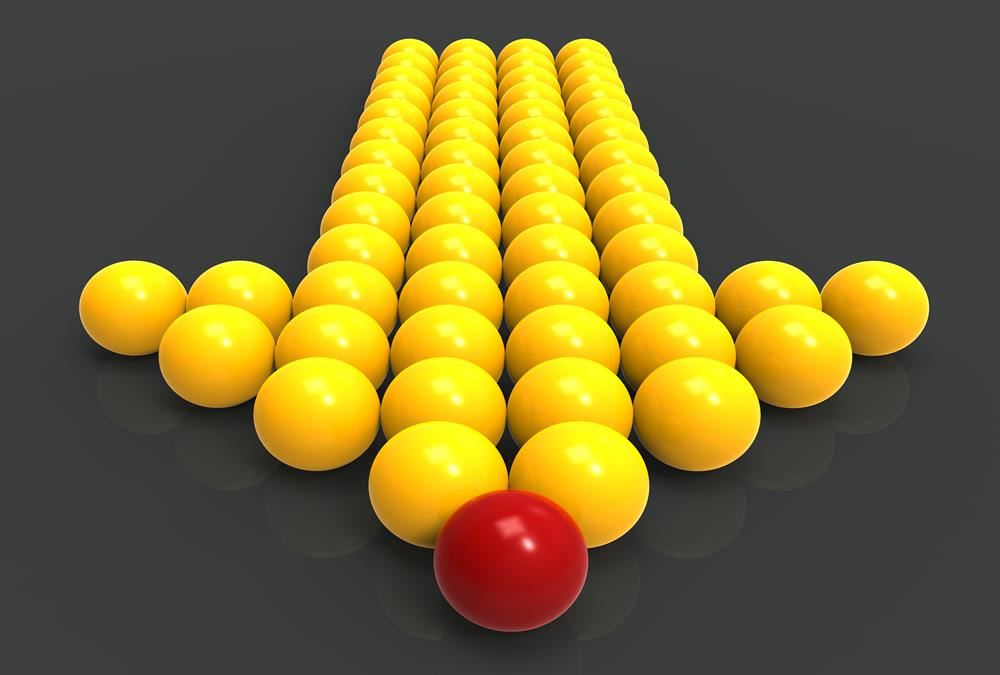- Home
- Business Processes
- Industry Knowledge
- Aerospace Industry
- Automotive Industry
- Banking Domain
- BFSI Industry
- Consumer/ FMCG Industry
- Chemicals Industry
- Engineering & Construction
- Energy Industry
- Education Domain
- Finance Domain
- Hospitality Domain
- Healthcare Industry
- Insurance Domain
- Retail Industry
- Travel and Tourism Domain
- Telecom Industry
- Leadership Skills
- eLearning
- Home
- Leadership
- Leadership Theories
- Leadership Substitute Theory
Leadership Substitute Theory
Substitutes for leadership theory is based on understanding the context within which leadership occurs. Different situational factors can enhance, neutralize, or substitute for leader behaviors like under certain circumstances, situational factors may substitute for leadership. These substitutes are of two types - substitutes and neutralizers. Substitutes take away from the leader's power and help group members increase their performance. Neutralizers only remove influence from the leader.
Related Links
You May Also Like
-
Blake and Mouton Managerial Grid is a style leadership model that identified five manager styles based on two dimensions viz concern for people and the concern for production. Managerial Grid uses concern for production style which is largely based on McGregor's Theory X.
-
Continuum of leadership is a leadership theory based on the relationship between the level of freedom given to the team and the level of authority used by the manager. The chosen leadership style will depend on multiple factors, including the leader's personality.
-
The Valence Model of Leadership
The valence model of emergent leadership is based on a group-development sequence. As per the valence model, the process of emergent leadership passes through three distinct stages; Orientation, Conflict, and Emergence. Group members willingly start following and obeying the leader who has passed the "emergence threshold."
-
Trait Theory of Leadership is based on the assumption that people are born with inherited traits and some traits are particularly suited to leadership. The theory aims to discover specific leadership & personality traits and characteristics proven to predict the likelihood of success or failure of a leader.
-
The cognitive resource theory states the influence of the leader's resources on his or her reaction to stress. The cognitive resources of a leader are experience, intelligence, competence, and task-relevant knowledge. Stress is common in resource managing situations, and this cognitive theory emphasizes how intelligence and experience are each best under different stress situations. This theory is the reconceptualization of the Fiedler model.
-
The Systemic Approach to Leadership
The systemic approach to leadership looks at the organization as a whole and focuses on the understanding of the organization as a system. Moving to systems thinking demand managers to view organizations as organic systems. Leaders are also part of this complex system which is constantly undergoing change and evolving. The leaders need to manage the relations and networks within these systems by acting with systemic awareness.
-
The psychodynamic approach to leadership has its roots in the work done by Sigmund Freud. These involved psychological theories of personality development and explaining leadership using psychoanalytic concepts. It tries to define a person is in terms of personality traits. Personality structured into three parts (i.e., tripartite) - the id, ego, and superego.
-
The four theory of leadership was formulated after studying hundreds of leaders and the model includes four basic dimensions of effective leadership - support; interaction; facilitation; goal emphasis, and work facilitation. This model was tested as a predictor of an organization's effectiveness.
-
The great man theory of leadership is a 19th-century idea that states a person is either a natural-born leader or not. Some people are born with the necessary leadership attributes that help them create a great impact on society, politics, or the military. The theory focuses on identifying the innate qualities and characteristics possessed by great men.
-
Trait theories of leadership explain the leadership traits that have been studied to determine what makes certain people great leaders. The practical application of the theory is looking at how the leader‟s behavior affects their subjects.
Explore Our Free Training Articles or
Sign Up to Start With Our eLearning Courses

About Us
Learning
© 2023 TechnoFunc, All Rights Reserved










